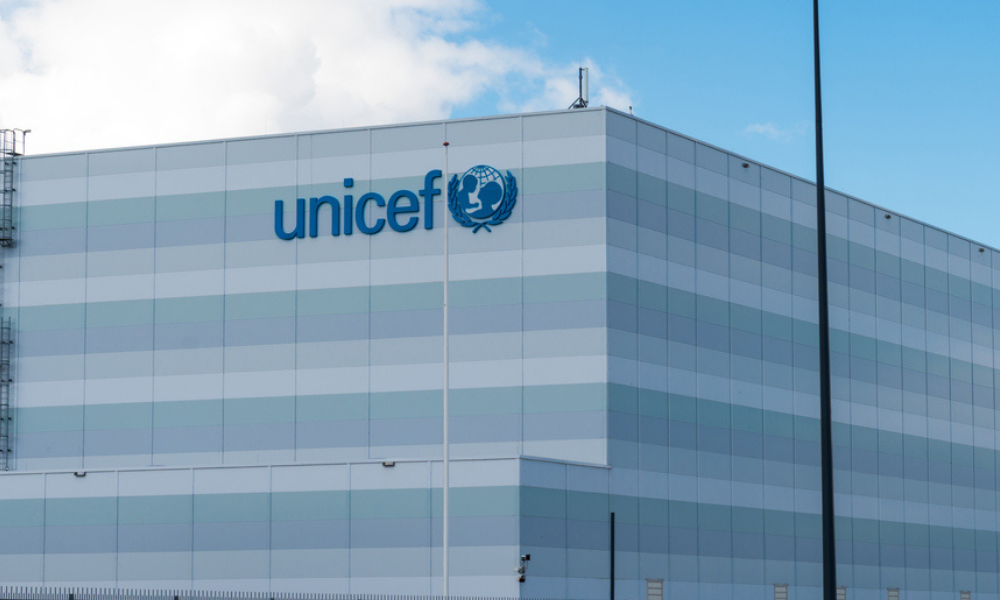The UN charity's report highlights gaps in the system which are contributing to gender inequality

Another weakness in Canada’s ability to effectively tackle gender pay inequality has been identified in a new report.
With women generally more adversely impacted by the pandemic, a continuing gap in childcare provisions is likely to add further pressure to women – and other parents – who are trying to juggle a return to work with looking after children.
The UNICEF report ranks major economies in the OECD and EU for childcare provision and parental leave policies, with Canada ranking 22nd out of 41 countries.
The UN charity’s Office of Research report Where Do Rich Countries Stand on Childcare considers factors including the accessibility, affordability and quality of childcare for children between birth and school age; and the pay, length and inclusivity of parental leave.
David Morley, President & CEO of UNICEF Canada, says Canadian national policies do not support all families in the early moments of childhood.
“Our mediocre childcare and parental leave policies reflect political priorities rather than available resources,” he said. “Providing support for parents and giving children the best possible start in life is not just good social policy, it is good economic policy. It ensures a more equitable Canada for every child."
Which countries are nailing it?
The top high-income countries in the ranking are Luxembourg, Sweden, Iceland, Norway and Germany. These countries prioritize affordability with quality of organized childcare and offer parents long and well-paid leave.
While the length of parental leave offered by Canadian companies compares well with other countries, the Canada's actual rate of pay (52 per cent of average earnings) is below the average among peer countries (two-thirds of average earnings). Over 15 countries pay more than Canada, with fourteen paying the full average level of earnings.
Public expenditure
Canada’s mid-table position on childcare is not just about the provisions of employers.
Public expenditure is also weaker than many of Canada’s peers. UNICEF says that the low rate of pay and the limited eligibility of parental leave within the EI system leave too many parents and infants unable to spend these critical early moments together.
And once parents are ready to return to work, a gap in support exacerbates the challenges.
The report says that the end of paid leave rarely coincides with the start of affordable childcare entitlements. Canada ranks 21st for the affordability of childcare, though subsidies make it more affordable for single, low-income parents.
Last year, a report in the Canadian Medical Association Journal said that income inequalities are leading to premature deaths.



